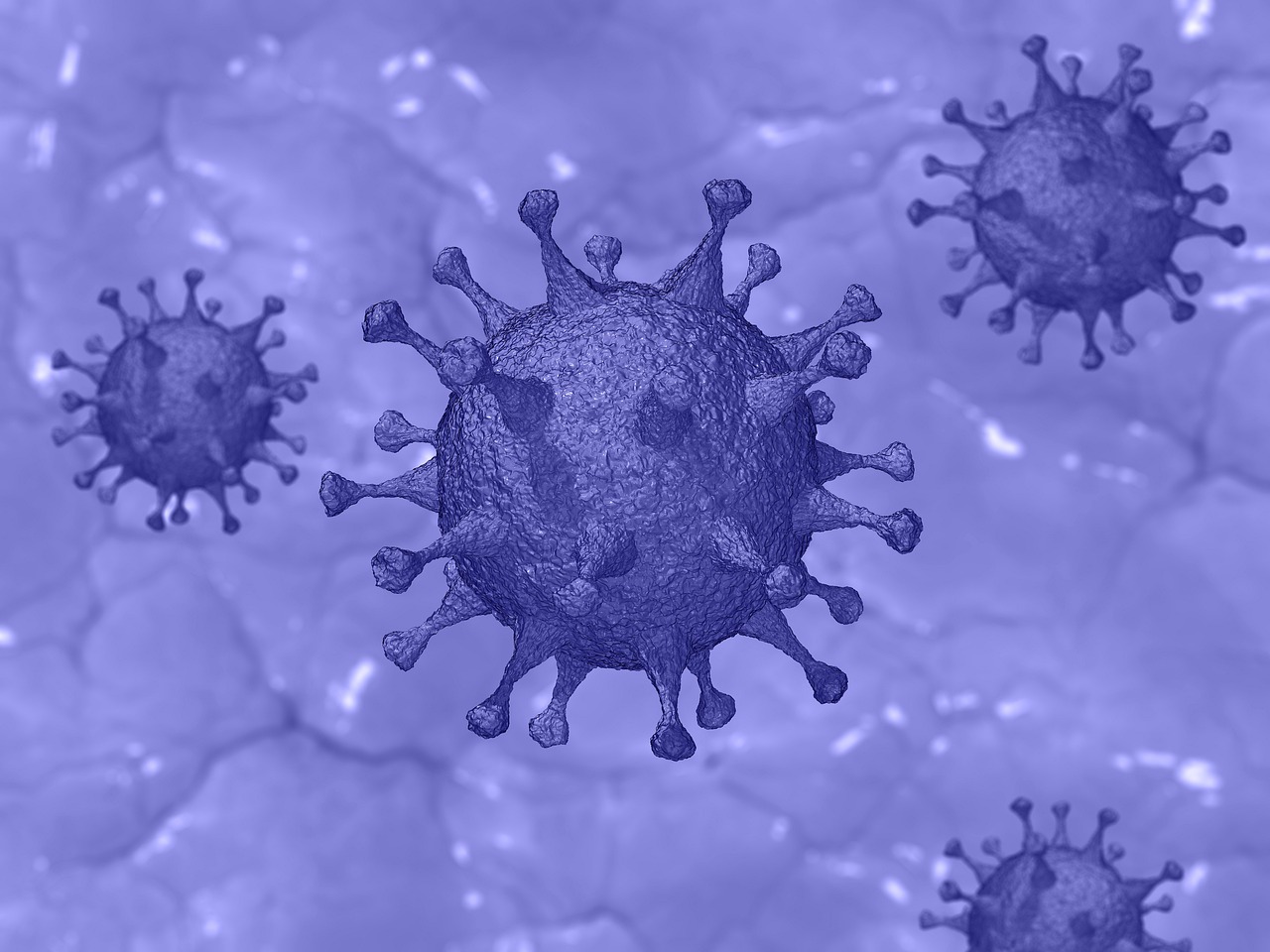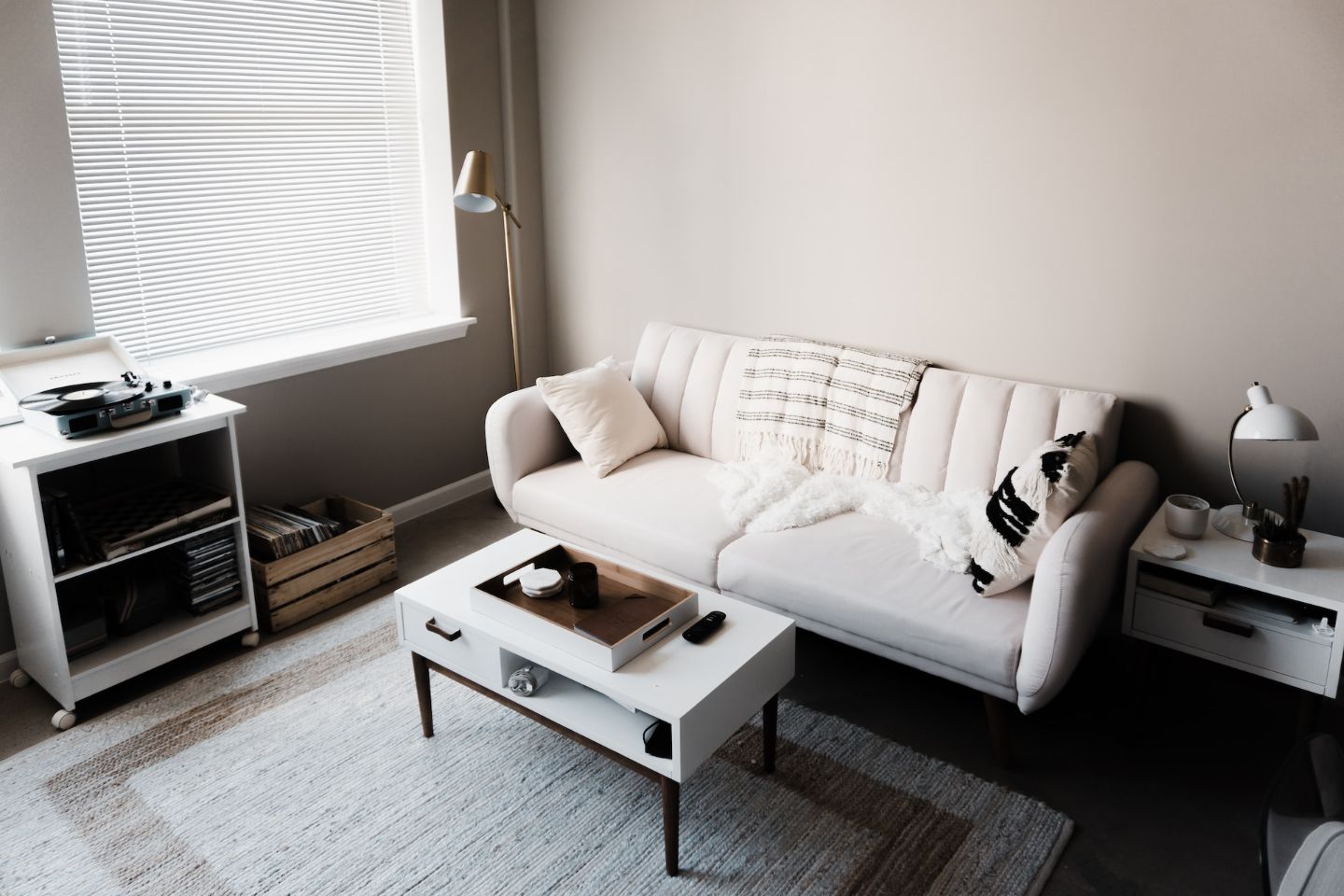Tags – Air Conditioning and Coronavirus
In these unprecedented times, there is an understandable, heightened interest in exactly how COVID-19 is spread.
There are currently many facts and myths surrounding the ways in which the virus is spread, being written and discussed. Consequently, it’s a confusing and difficult task to decide what’s true and what’s not, across the whole topic.
However, an excellent source of accurate information and great advice on ensuring safe ventilation and air conditioning systems, is the governing body, REFCOM.
Medical Research
Contrary to a number of stories in the media suggesting that coronavirus may be spread by air conditioning systems, there are so far no medical research findings to support this.
In fact, conversely, REFCOM reports that medical publication, ‘The Lancet’ published early on that ‘The predominant modes of transmission are assumed to be droplet and contact.’
Guidelines
Set up in 1994, REFCOM (the Register of Companies Competent to Manage Refrigerants) actively encourages companies to be as environmentally aware as possible.
REFCOM states that the US Centres for Disease Control and Prevention has compiled an extensive list of what should be cleaned in the event of someone falling victim to COVID-19.
However, in this instance, despite the lengthy list, tellingly, the guidance issued on disinfecting business premises makes no mention of ventilation or air conditioning systems.
Prevention
As with all areas of concern, prevention is of course a much better option than cure.
With that in mind, preventative methods can be applied to air conditioning and ventilation systems’ maintenance.
For instance, the standard industry recommended procedure of the appropriate and regular cleaning of units has never been more important than now.
Additionally, REFCOM guidance suggests instead of the more energy efficient system of running recirculated air, full fresh air should be the preferred option.
Best Practices
It’s advisable that health and safety practices need to be followed to the letter for all those concerned.
For example, when changing disposable filters, the filter media should not be handled.
Instead, it’s recommended that the filter is bagged as soon as possible after removal and the bag is securely tied before moving.
Equally, wherever practicable, the filter should then be left for at least 72 hours before secure disposal.
With regard to protective clothing, full PPE should be worn to reduce any risk. Therefore, wearing goggles, mask and disposable gloves should be the minimum protection, preferably alongside a disposable suit too.
To learn more, get in touch with us today. And to learn more about how we can assist, check our air conditioning services here.



